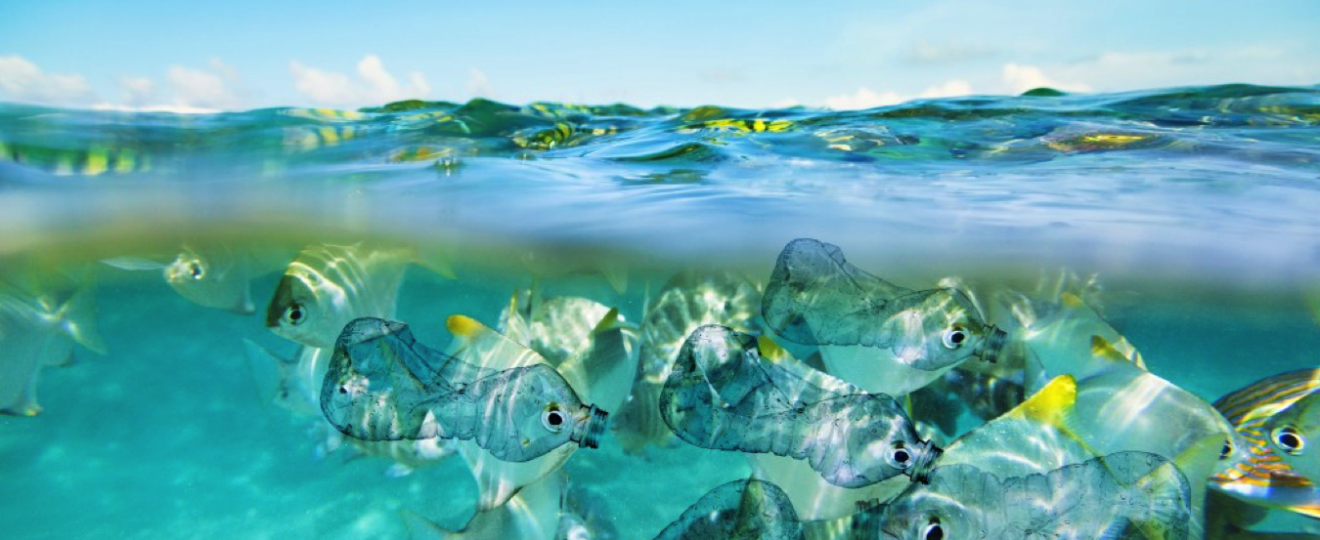From the EGU General Assembly in Vienna, 2019…
Happy to share with you! Last week we were at EGU General Assembly 2019 to present POSEIDOMM results. We had a poster in the session “Plastic in the environment: observing and explaining where it comes from and where it goes”
on display on Monday, 8th of April. Our poster presentation was titled:
“Microplastics Influence Carbon Dynamics of Marine Surface Waters”
and you can find the abstract here.
A highlight of the General Assembly was undoubtedly the Science and Society Dialogue of Geoscientists with Ilaria Capua and Mario Monti, focusing on Science and Politics.
“The dialogue between scientists, institutions, policymakers and the general public is widely recognised as an essential step towards a fair and sustainable society. Nowadays, more than ever in human history, international cooperation is an essential requirement for protecting the planet, advancing science and ensuring an equitable development of the global economy.”
You can stream the full talks by clicking on the image here below.
















